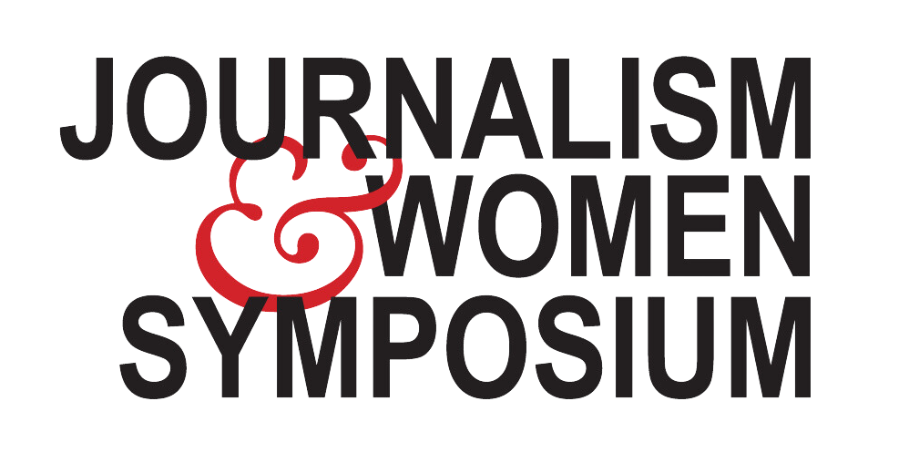JAWS 2026 Health Reporting Fellowship
The Journalism & Women Symposium (JAWS) is proud to offer a fellowship, now in its 4th year, designed to empower early-career journalists and those new to the health beat who are eager to strengthen their health reporting skills.
Open to women and individuals who identify as women, this fellowship offers a chance to build expertise at a moment when health has become a central thread in nearly every story. Today’s rapidly evolving health landscape means that journalists on every beat are, in many ways, health journalists, and the need for accurate, inclusive and representative reporting has never been greater.
In keeping with JAWS’ mission, this fellowship aims to advance the professional growth and empowerment of women journalists in health care reporting.
Made possible through the generous support of the Commonwealth Fund.
2026 Health Journalism Fellows
-
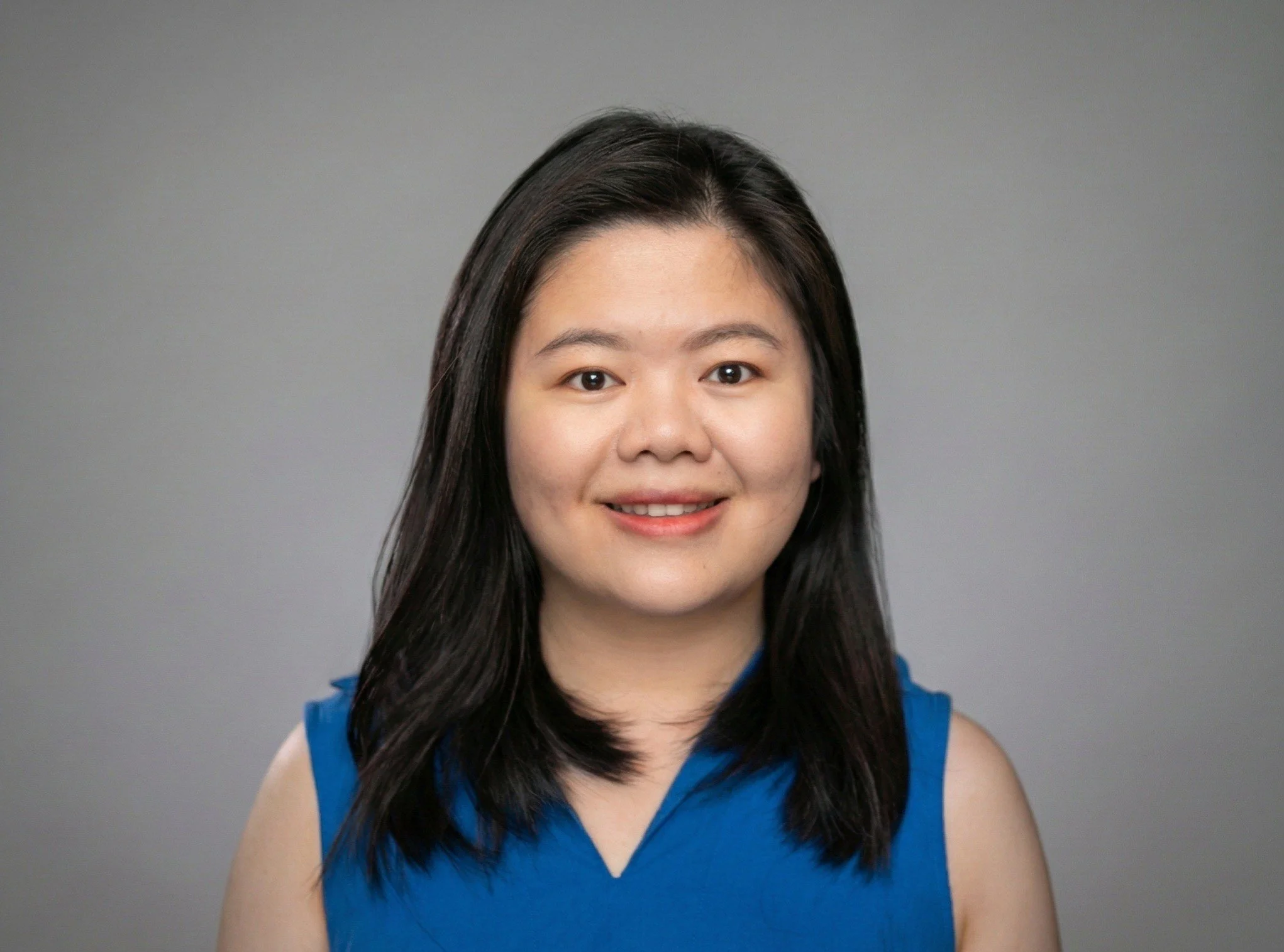
Lingzi Chen
Project: An investigative chronicle of Lake County’s imminent health crisis triggered by the Big Beautiful Bill’s sweeping federal cuts.
Lingzi covers vital issues for Lake County News affecting the largely rural community in Northern California, including government accountability, health care and social services. She works to scrutinize these systems and how they impact the most vulnerable. Lingzi previously studied and worked in Singapore before earning her master's degree from Columbia Journalism School. When not reporting, she enjoys watercolor painting and singing.
Bylines:
-
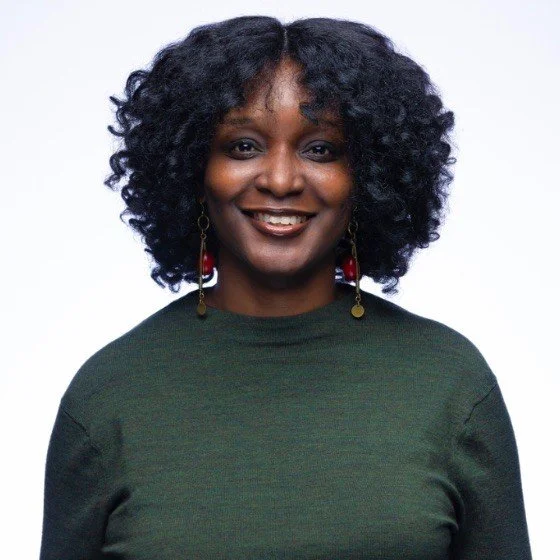
Ngozi Cole
Project: How the closure of a rural hospital’s labor and delivery unit is affecting maternal health access in South Monterey County, California.
Ngozi is a Sierra Leonean journalist covering social issues. Her reporting on Black maternal and infant health won an Ohio Associated Press Media Editors Award. She’s received reporting fellowships from the Young Feminist fund and the Pulitzer Center on Crisis Reporting. For her JAWS fellowship, she will be covering maternal health access in South Monterey County, California.
Bylines:
-
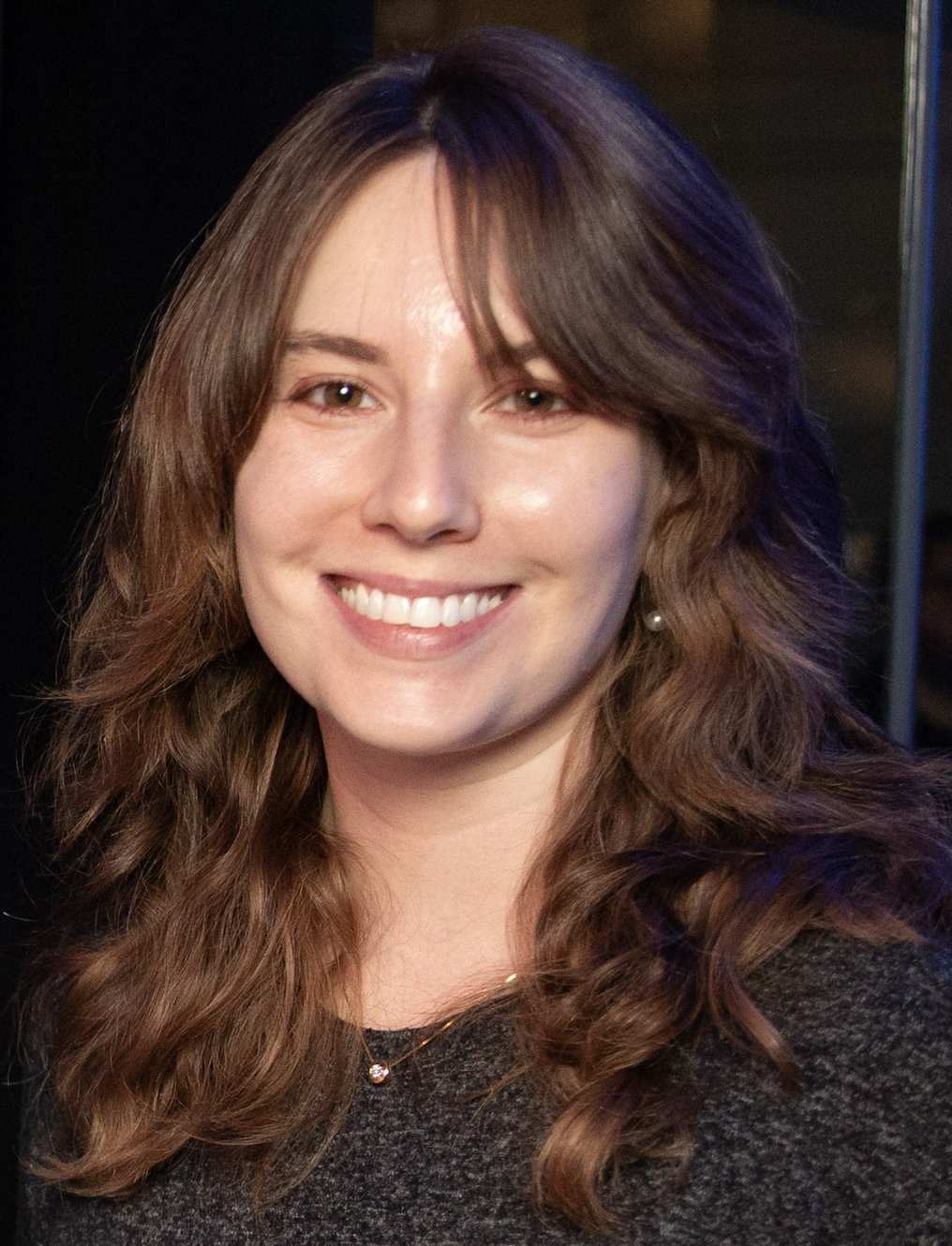
Kathleen Davis
Project: Exploring what scientists are learning about microplastic exposure during pregnancy and fetal development, and where babies are most vulnerable to microplastics.
Kathleen is an audio producer at the public radio show Science Friday, where she covers topics across the spectrum of science, health and technology. Her reporting has been featured on NPR, Marketplace, and WHYY’s The Pulse. In 2024, Kathleen was named one of Current’s Rising Stars of Public Media. Kathleen is bilingual in English and Spanish, and has a passion for making science news more inclusive and accessible for diverse audiences. She’s a graduate of the University of Michigan, and resides in New York City.
Bylines:
-
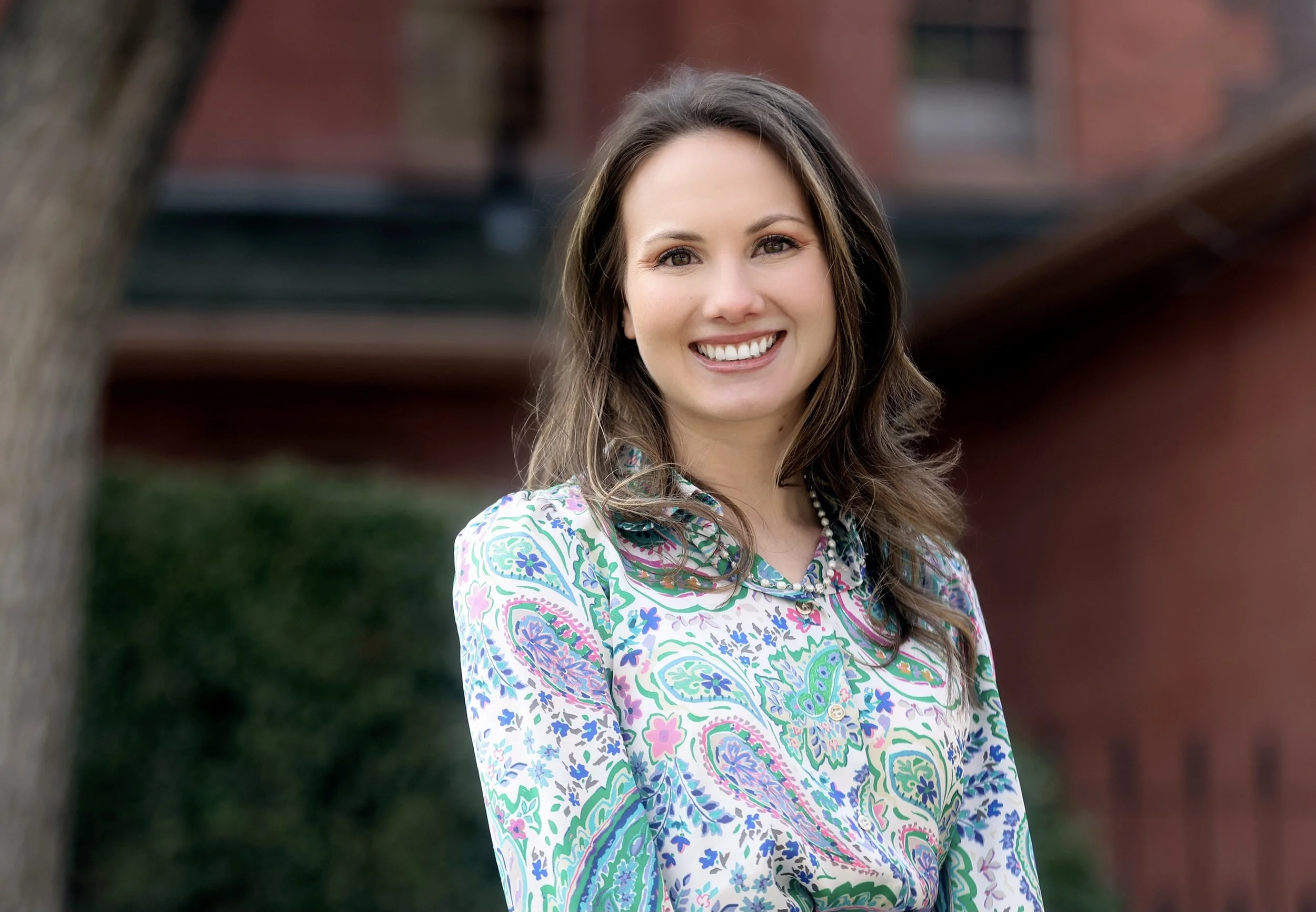
Ashley Fredde
Project: Uncovering how financial consolidation and weakened oversight of nursing homes intersect to endanger older North Carolinians.
Ashley is a reporter at North Carolina Health News, where she covers legislative health policy and aging. She previously reported for KSL.com, Utah’s largest news website, focusing on health and human services with an emphasis on homelessness, accountability, and the lived experiences of people navigating complex systems. Her work has also appeared in Arizona outlets, with reporting on the University of Arizona, environmental issues, and the U.S.–Mexico border. Ashley has received an honorable mention in the Solutions Journalism category from the Utah Society of Professional Journalists for a piece examining whether Salt Lake City’s sanctioned homeless campground could replicate Reno’s success.
Bylines:
-
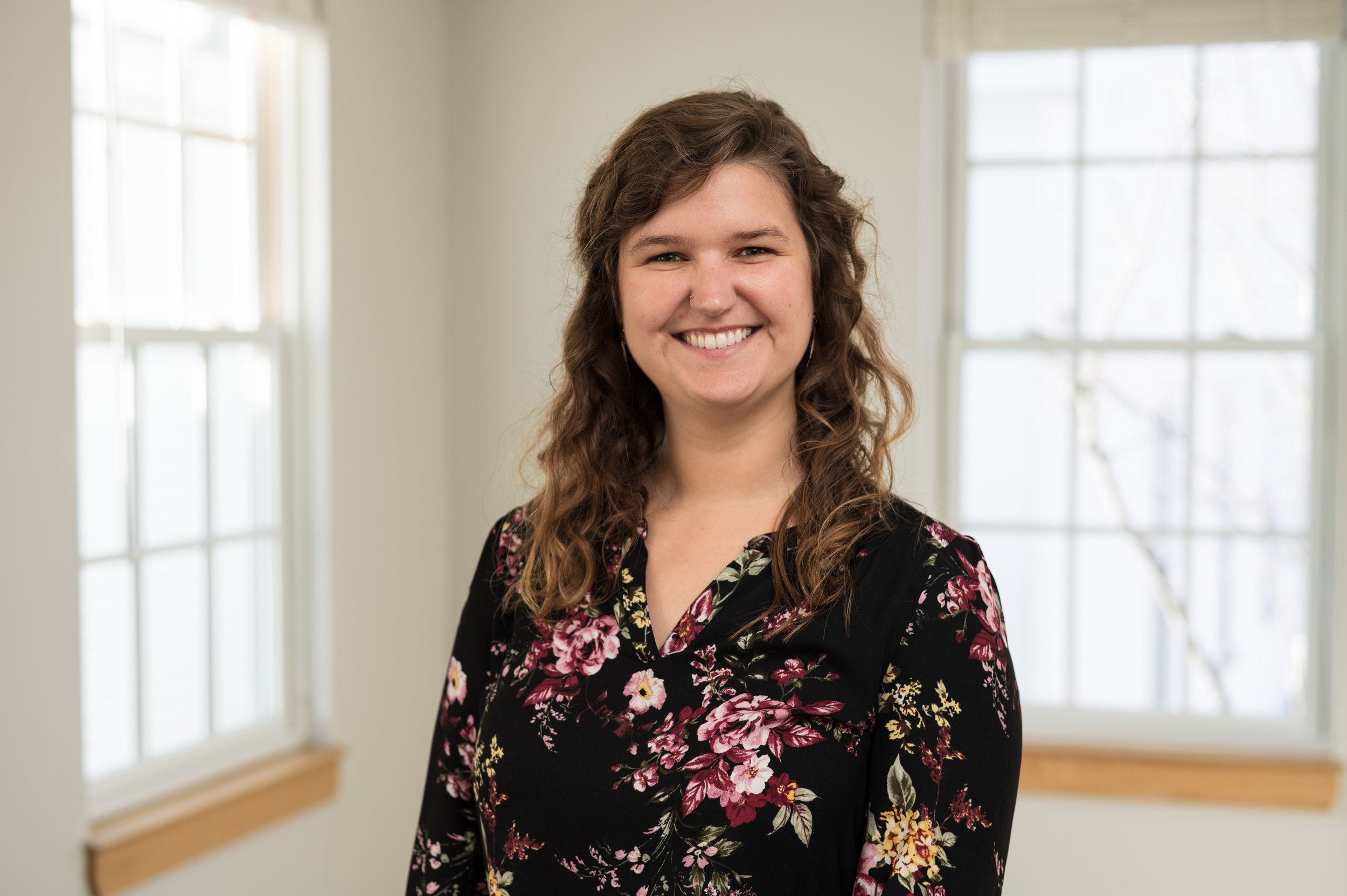
Rose Lundy
Project: Examining the financial hurdles facing health care in Maine.
Rose is a senior reporter at The Maine Monitor, focusing on public health and older Mainers. She is a former ProPublica fellow and Report for America corps member. She was named 2025 Maine Journalist of the Year.
Bylines:
-
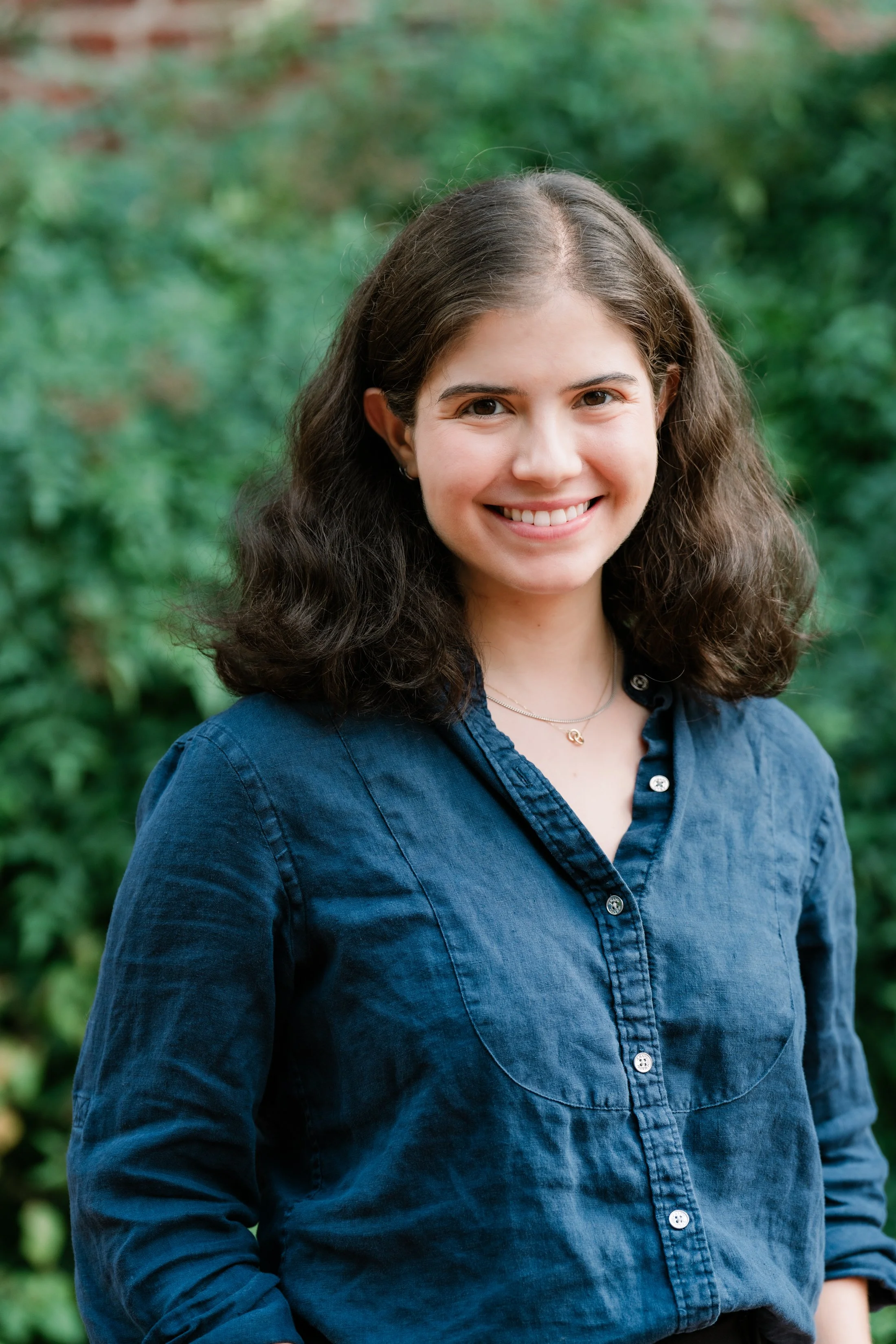
Margaret Manto
Project: Investigating how the changing immunization recommendations impact children in West Virginia, who rely on federally funded vaccines.
Margaret is a science & health policy journalist at NOTUS, a newsroom covering politics and policy in Washington, D.C. She is also a fellow at the Allbritton Journalism Institute. Her work focuses on the forces driving the alternative health movement and how its growth has impacted policy and people. In May 2025, she and a colleague broke the news of the fabricated citations in the MAHA Commission Report, for which they received a AAAS Kavli Science Journalism Award. Margaret has a bachelor’s degree in biology from the Massachusetts Institute of Technology and previously worked as a biologist.
Bylines:
-
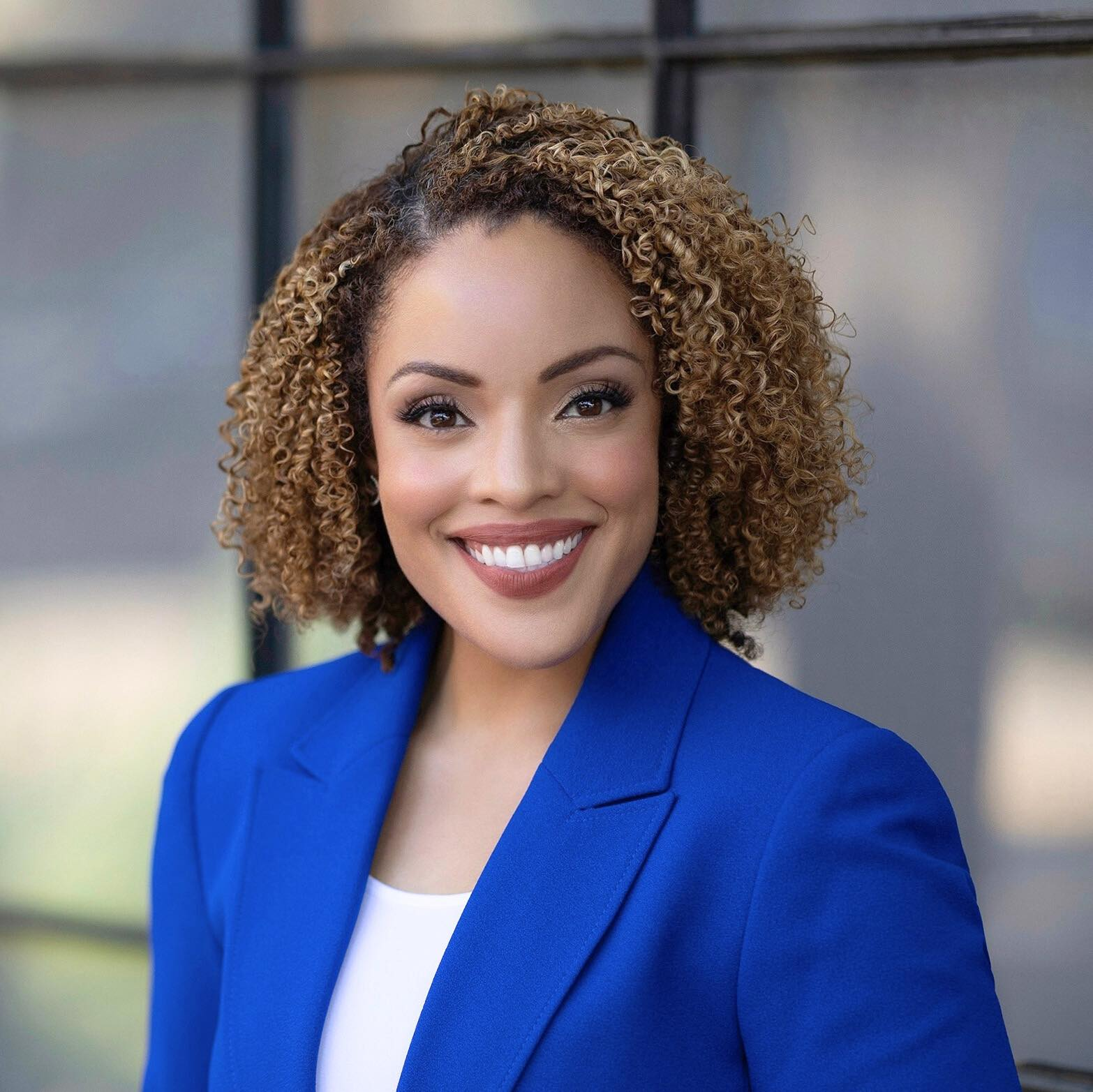
Ashley Moss
Project: Investigating the scope, causes, and systemic drivers of maternal mortality locally, and holding institutions accountable while offering solutions and resources to the audience.
Ashley is an anchor and reporter for Louisiana First News (NBC and FOX affiliates) in Baton Rouge, Louisiana. Previously, Ashley reported breaking news and other high-impact stories across Oklahoma and Texas. Ashley pivoted to news at the onset of the COVID-19 pandemic, reporting on underrepresented communities and local politics in Dallas. She thrives on community storytelling, accountability reporting and crafting stories that show how policies impact people. Her project will explore the Black maternal health crisis in Louisiana and the potential impact of state supported coverage on improving maternal health outcomes.
Bylines:
-
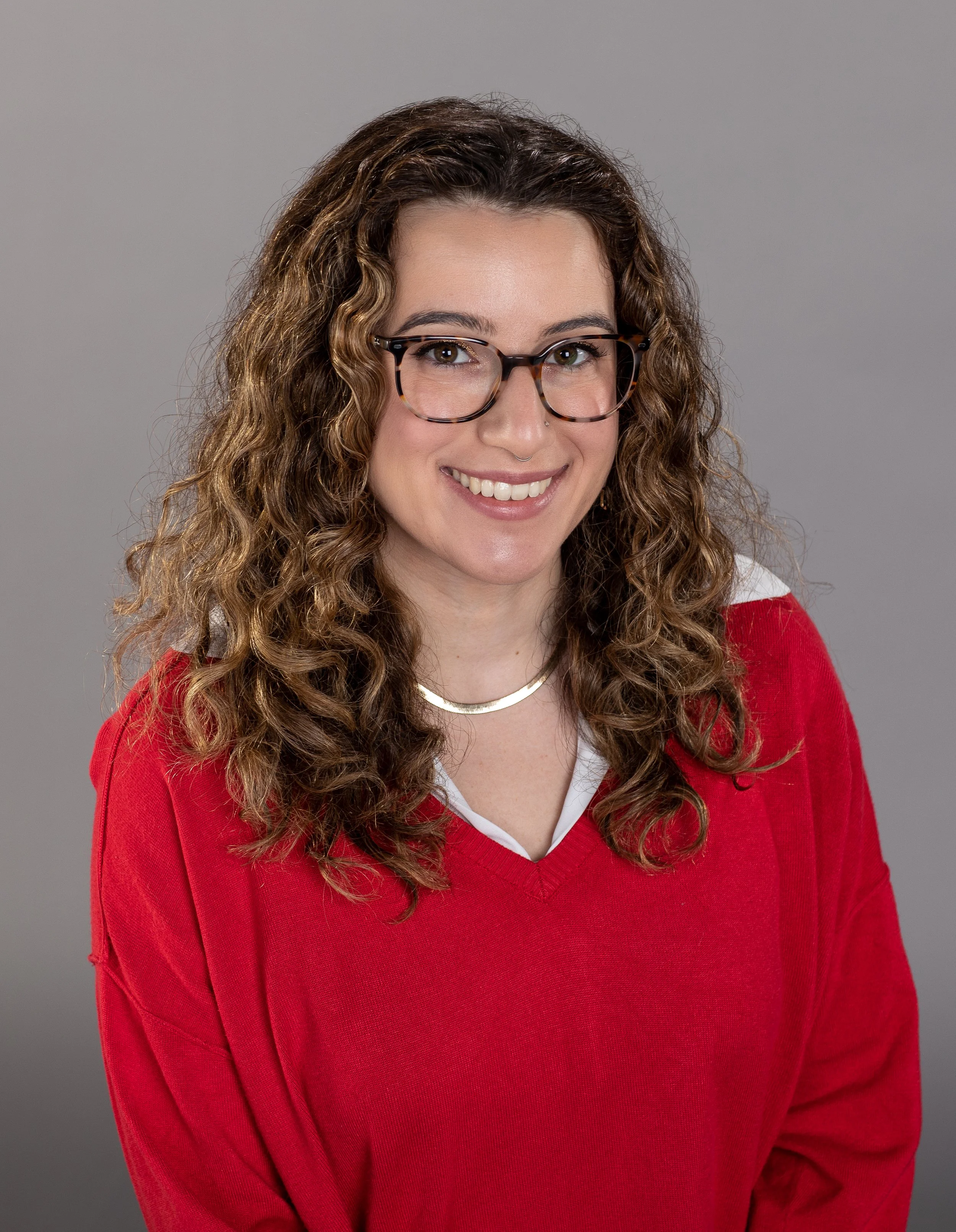
Lucia Starbuck
Project: Investigating how anti-immigrant sentiments are affecting caregivers and their clients who come from different countries.
Lucia is an award-winning political journalist covering state government and health care for KUNR Public Radio, NPR’s member station in Northern Nevada. She hosts a live monthly show called Purple Politics Nevada, featuring voters, candidates, and leaders on top issues, and she regularly moderates forums. Lucia’s coverage focuses on how new laws directly affect community members, and she’s particularly interested in how legislative solutions can improve people’s lives. Lucia was previously selected for the National Press Foundation’s Women in Politics 2024 Fellowship and the USC Annenberg Center for Health Journalism 2023 National Fellowship, where she reported on the unique role doulas play in improving maternal health outcomes in rural Nevada. During her free time, Lucia will give just about any movie a chance.
Bylines:
